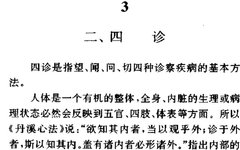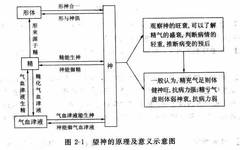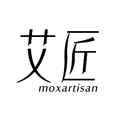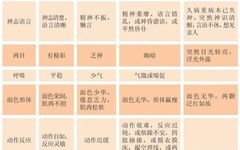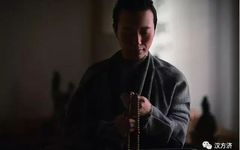Understanding the Four Diagnostic Methods in Traditional Chinese Medicine: Observation (Wang Zhen)
II. The Four Diagnostic Methods The Four Diagnostic Methods refer to the basic techniques of observing, listening, questioning, and palpation used to diagnose diseases. The human body is an organic whole, and the physiological or pathological state of the entire body and internal organs will inevitably reflect on the five senses, limbs, and surface of … Read more

